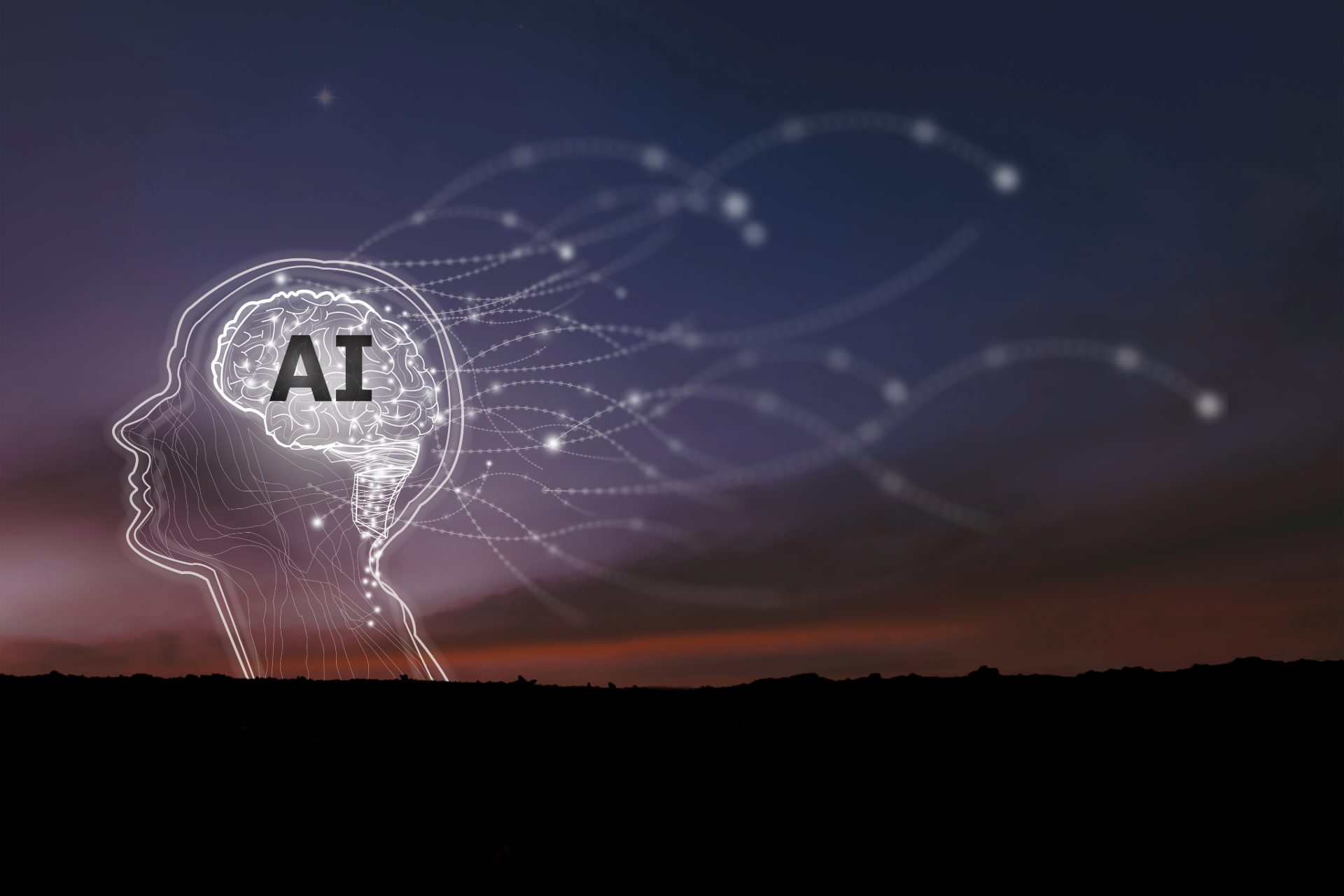AI Crisis Management: Essential Lessons from COVID & Beyond
AI for Crisis Management: Lessons from COVID and Beyond
AI for crisis management has become a topic of paramount importance, especially in the wake of global challenges like the COVID-19 pandemic. The unprecedented spread of the virus tested the limits of traditional crisis response mechanisms, revealing both vulnerabilities and opportunities for innovation. Artificial intelligence (AI) stepped into the spotlight as a crucial tool, bridging gaps that human capabilities alone could no longer handle efficiently. As we ventured through the COVID era and now look beyond, there are significant lessons to be learned about how AI can be effectively harnessed to manage crises of any scale.
The Role of AI During the COVID-19 Pandemic
The COVID-19 crisis demanded rapid response and adaptation across multiple sectors, from healthcare to logistics to government operations. AI technologies were pivotal in areas such as epidemiological research, vaccine development, public health communications, and resource allocation. Predictive models and analytics enabled by AI helped forecast the virus’s spread and impact, facilitating more informed decision-making.
In healthcare, AI-driven tools were employed to analyze vast amounts of data on infection rates and treatment outcomes, helping to identify patterns that would guide public health strategies. Furthermore, AI algorithms supported the development of mRNA vaccines at a pace that was unimaginable before the pandemic, marking a revolutionary step in medical science.
AI’s Contribution to Improved Communication and Information Dissemination
Effective communication is critical in crisis management to ensure that accurate and timely information reaches all stakeholders. AI has reshaped communication methodologies by enabling the automation of personalized messaging and improving the accuracy of translation services. Chatbots, powered by natural language processing (NLP), were used by health organizations and governments to disseminate vital information and to answer public queries 24/7 without human intervention.
This technology not only enhanced the reach and responsiveness of crisis communication efforts but also reduced the burden on human resources, allowing them to focus on more complex tasks. For instance, these AI systems could quickly sift through misinformation and provide reliable data to individuals, which was crucial in combating the ‘infodemic’ of false information that spread during the COVID-19 pandemic.
Analytics and Decision-making
One of AI’s most impactful contributions to crisis management is in the realm of decision-making. With machine learning models, AI can take in vast arrays of data, analyze trends, and predict outcomes with considerable accuracy. During COVID-19, this capability was used to optimize supply chains for medical supplies, predict hospital bed availability, and prioritize vaccine rollouts in regions most in need.
Going forward, the integration of AI in crisis response can be expected to improve not only the speed but also the precision of logistical decisions, reducing waste and maximizing resource utilization.
Post-COVID Opportunities and Challenges for AI in Crisis Management
As we move beyond the pandemic, the scope for AI in crisis management is expanding into areas such as climate change, cybersecurity, and natural disaster response. AI’s ability to process satellite imagery and sensor data can be leveraged to monitor and predict environmental crises, such as floods and wildfires, with greater accuracy and speed than traditional methods.
However, the deployment of AI in crisis management does not come without challenges. Issues related to data privacy, security, and ethical considerations remain paramount. Ensuring transparency in AI processes and maintaining human oversight are critical to addressing these challenges and fostering public trust in AI-driven systems.
Conclusion
The lessons from the COVID-19 pandemic highlight the transformative potential of AI in crisis management. By enhancing capacities for rapid response, data-driven decision-making, and effective communication, AI technologies have proven to be invaluable assets in managing large-scale crises. As we look to the future, continuous innovation, coupled with careful consideration of ethical implications, will be essential in harnessing AI’s full potential to protect and benefit society in times of crisis. With thoughtful integration, artificial intelligence stands as a beacon of hope for resilient and efficient crisis management strategies.




